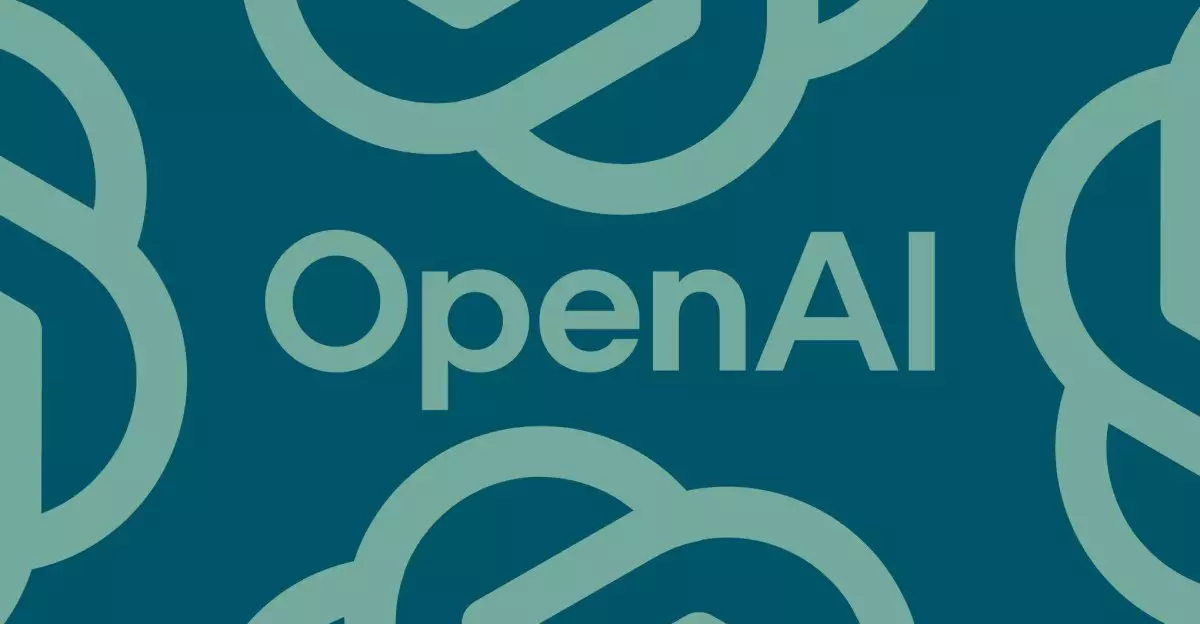The ongoing legal confrontation between Elon Musk and OpenAI reflects not only personal vendettas but also a larger ideological struggle over the future of artificial intelligence. Musk, a key figure in the foundational stages of OpenAI, has transitioned from advocate to adversary, asserting that the organization strays too far into profit-driven pursuits rather than focusing on beneficial developments for humanity. However, this transformation raises questions about his reliability as a steward of technological advancement.
At the crux of this contentious relationship lies Musk’s frequent legal maneuvers against OpenAI, which the organization has recently deemed as “bad-faith tactics.” In a countersuit lodged by OpenAI, Musk’s actions are characterized as deliberate efforts to undermine the company. The claim that these moves are designed to “slow down OpenAI” and appropriate its technological breakthroughs for personal gain is a serious indictment that warrants scrutiny. This suggests a narrative where technological innovation becomes a pawn in a game dominated by self-interest.
Motivations in the Shadows
Musk’s initial endeavors with OpenAI were heralded with immense optimism, contributing to a vision centered on benefiting humanity through safe and equitable AGI development. Yet, his discontent over OpenAI’s shift towards commercialization raises critical inquiries about his motivations. Is Musk genuinely concerned about the ethical implications of AI, or does he seek to re-establish control over an entity he pioneered? The answer may lie in the intricate dance between innovation and profit, where the lines often blur, revealing a darker side of technological advancement driven by personal ambition.
Furthermore, Musk’s previous lawsuits—the first filed with ample fanfare and then hastily retracted—add another layer of complexity to the narrative. His repeated legal challenges suggest not only a strategic attempt to reclaim influence but also highlight a pattern of behavior that raises red flags. Critics might argue that his approach appears erratic, revealing an inability to adapt to the evolving landscape of AI ethics and governance.
The Implications for the Future
As this legal saga unfolds, it presents crucial implications for the AI community and public perception of innovation. OpenAI’s assertion that Musk must be restrained from further “unlawful and unfair action” speaks to a growing concern about the powers wielded by tech moguls. In an era where AI capabilities are rapidly advancing, the ethical management of these technologies becomes paramount. Musk’s actions, which allegedly disrupt OpenAI’s trajectory toward responsible AI, may instigate a backlash against entrepreneurial ventures that prioritize profit over principles.
Moreover, the impending trial scheduled for the spring of 2026 looms large over both Musk and OpenAI. The outcome could potentially reshape the governance of AI technology, illustrating the necessity for regulatory frameworks that can safeguard innovation while ensuring that it serves the public good. Public disagreements like these also highlight the urgent need for transparency and ethical considerations in technological advancements, reflecting broader societal concerns.
In sum, the tensions between Elon Musk and OpenAI encapsulate a larger philosophical debate about ethics, power, and responsibility in the technological landscape. As the trial approaches, both parties would do well to reflect on their roles within an overarching narrative that seeks to define the future of artificial intelligence.

